Here’s how you get nominated for Grandmother of the Year, in my book. On Thursday, a sunny, uncharacteristically cool and dry summer’s day in DC (reflecting, we’re told, at least by some, the magic of the “polar vortex”), you don’t just take the grandsons to the zoo, or the swimming pool, or the Mall, or out for burgers and milkshakes. Too ordinary. Too ho-hum. Instead, you head them out to (drumroll, wait for it…) the Fairfax County landfill down in Lorton, Virginia.
There you have them meet a guide for the two-hour tour you’ve arranged specifically for them.
The boys see where waste of different types is captured: “white goods,”
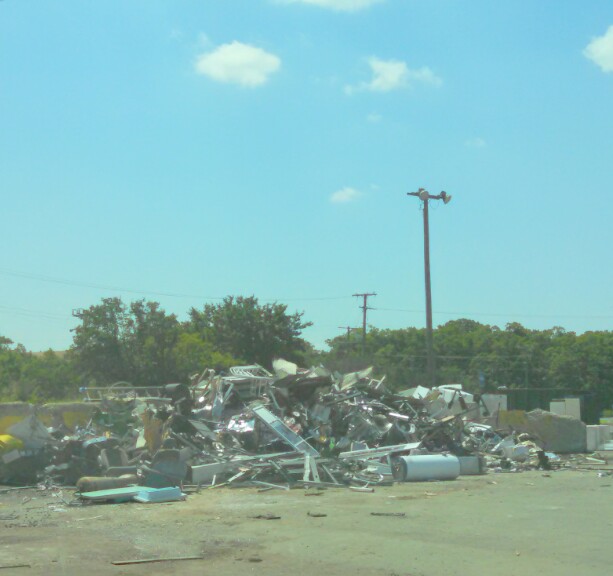
discarded automobile tires,
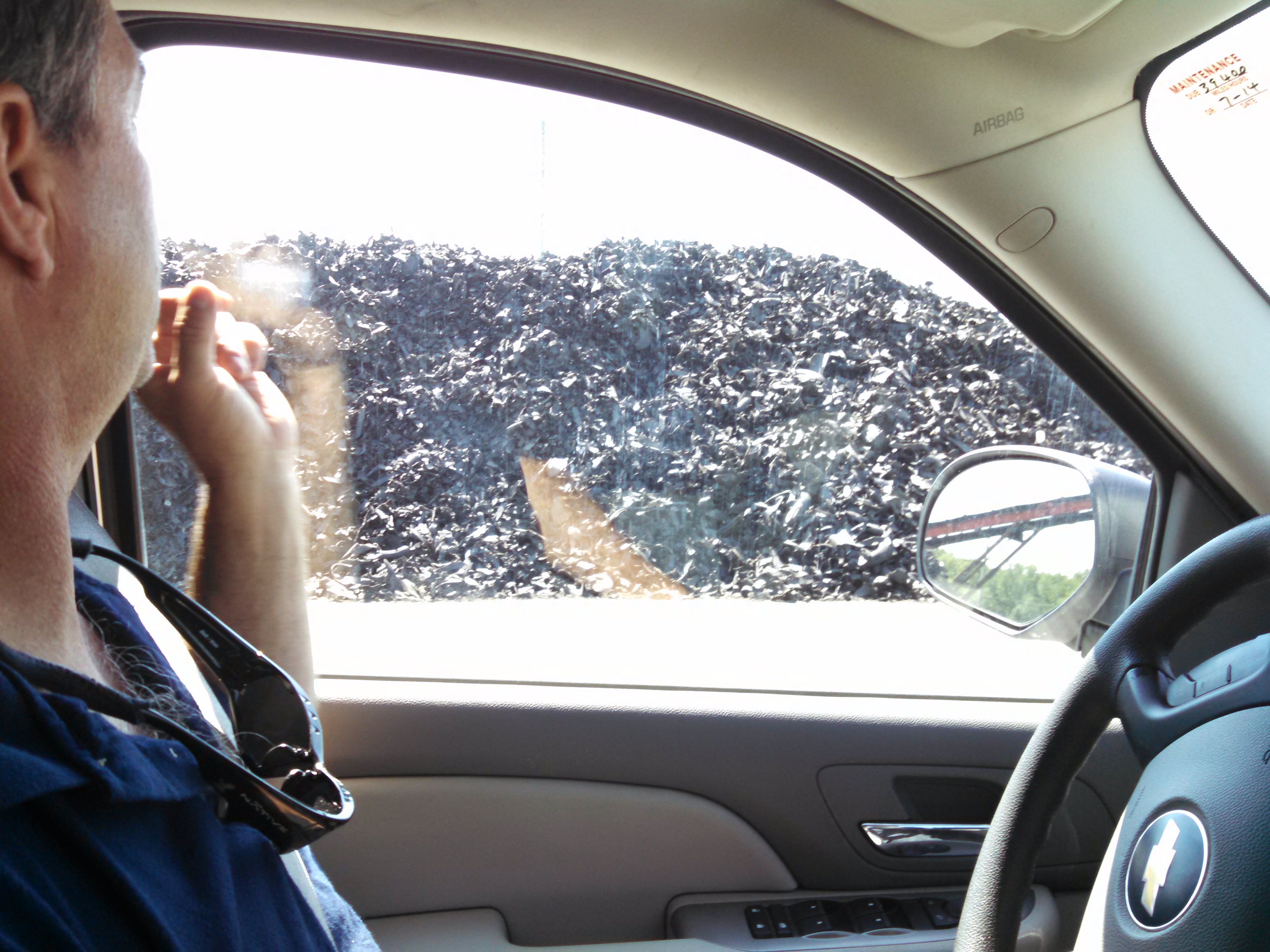
mulch,
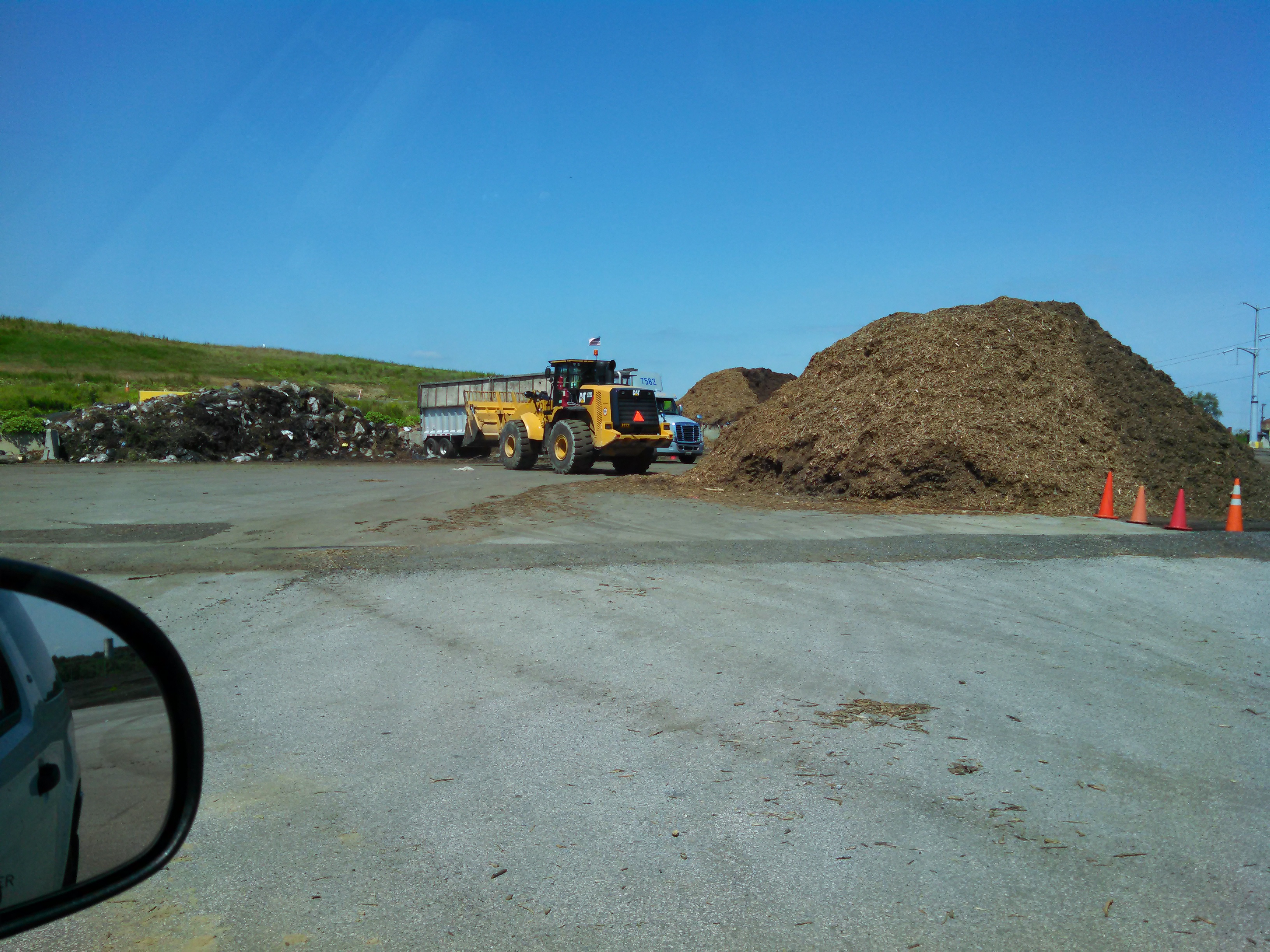 construction debris (in hundred-foot-high hills)
construction debris (in hundred-foot-high hills)
 and bagged waste, each headed for a different fate (and different still from recyclables, which are taken to other sites).
and bagged waste, each headed for a different fate (and different still from recyclables, which are taken to other sites).
The boys visit the Fairfax County energy-from-waste facility where automated, remotely-controlled robots claw whole loads of trash from an unending line of trucks, feeding an incinerator with an insatiable appetite (3000 tons every 24 hours).
The I-95 Energy/Resource Recovery Facility, operating as Covanta Fairfax, Inc., began commercial operation in June 1990. It is Covanta’s largest facility, processing more than 3,000 tons per day of municipal solid waste for a population of more than 900,000 in the Washington, D.C. suburbs of Fairfax County, Virginia. The facility sells over 80 megawatts of renewable energy to Dominion Virginia Power Company, enough energy to meet the needs of over 80,000 homes. It is the first Covanta facility to have a non-ferrous metal recovery system.
The boys see where millions of pounds of ash from the incinerator are dumped daily and capped with a very-low-density polyethylene (VLDPE) liner.
Meanwhile, over the two hours, the guide recounts the history,
going back to the time that the landfill and the Lorton prison co-existed on the site, where methane buildup began to permeate the correctional facility until December 3, 1984 when someone lit a match triggering an explosion. A repeat event occurred on December 6, three days later, killing one inmate and injuring another.
If you’re Grammy, you follow that by going with the boys out to the surrounding landfills… grass-covered mounds more than 150-feet high (and extending down another 60 feet) dating back to the 1960’s and 1970’s, where enough methane is being captured to meet the electrical-power requirements of another 6000 families (the February 2006 issue of GeoTimes provides a nice discussion of this). And you take a picture:
showing the three of you, and catching sight of one of the pipes drawing out the methane from the field, with the incinerator/power generation facility in the background, which you e-mail to the old man.
THAT’s what I’m talking about! An LOTRW moment: resource needs (20% of the power needed for homes in Fairfax County) and environmental protection (700-fold reduction in waste volume and 7-fold reduction in waste weight) accomplished simultaneously. Public education: a younger generation gaining a bit better feel for the scale and complexity of the waste disposal issue. Against a backdrop of manmade and natural extreme events, such as the explosions and the disruption occasioned by heavy rainfalls such as the three inches of rain on the site that preceded our recent drop in temperature.
My wife… definitely grandmother of the year.
And those two boys, smiling for the entire two hours and not just for the photo? Candidates for grandsons of the year… despite stiff competition from the two in Colorado.
__________________________________________________________
A shout-out to Fairfax County and to Wayne Blake-Hedges, environmental specialist/engineering there, for their good work over the years, and for guiding everyone around and taking the fullest measure of a teachable moment.

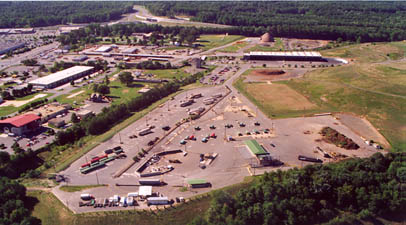
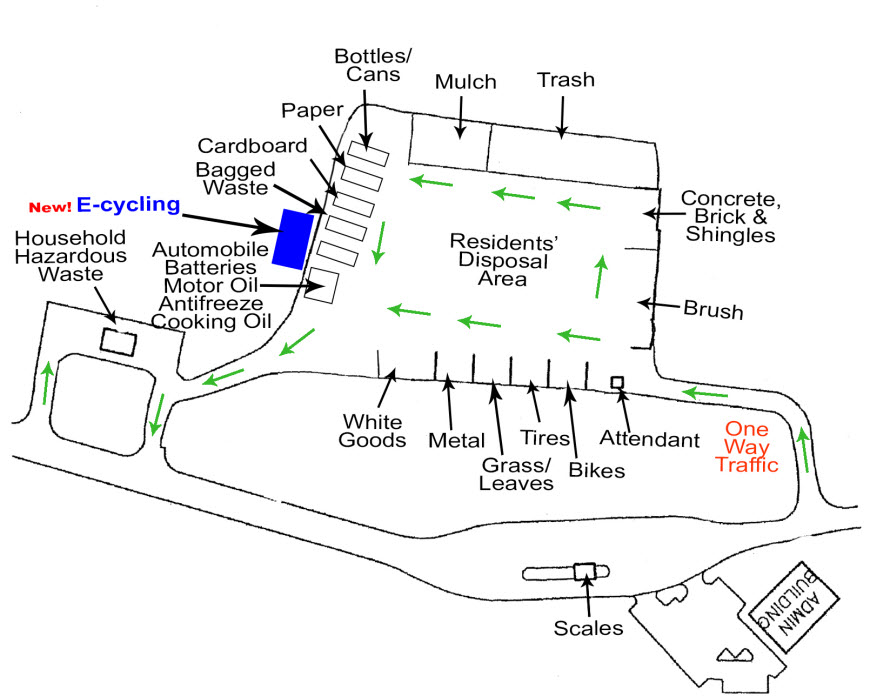
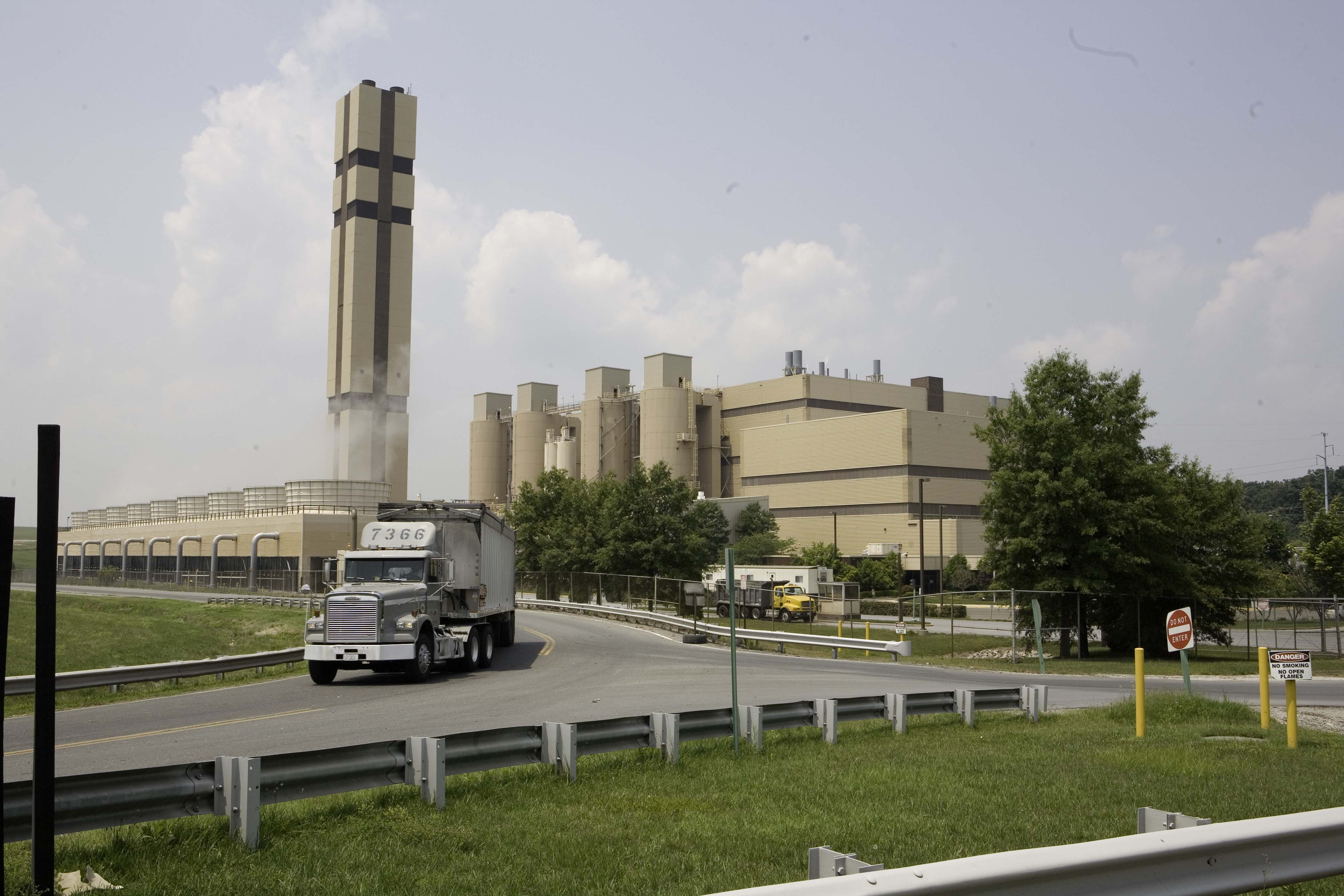
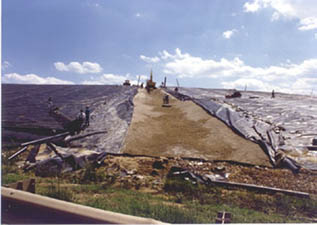
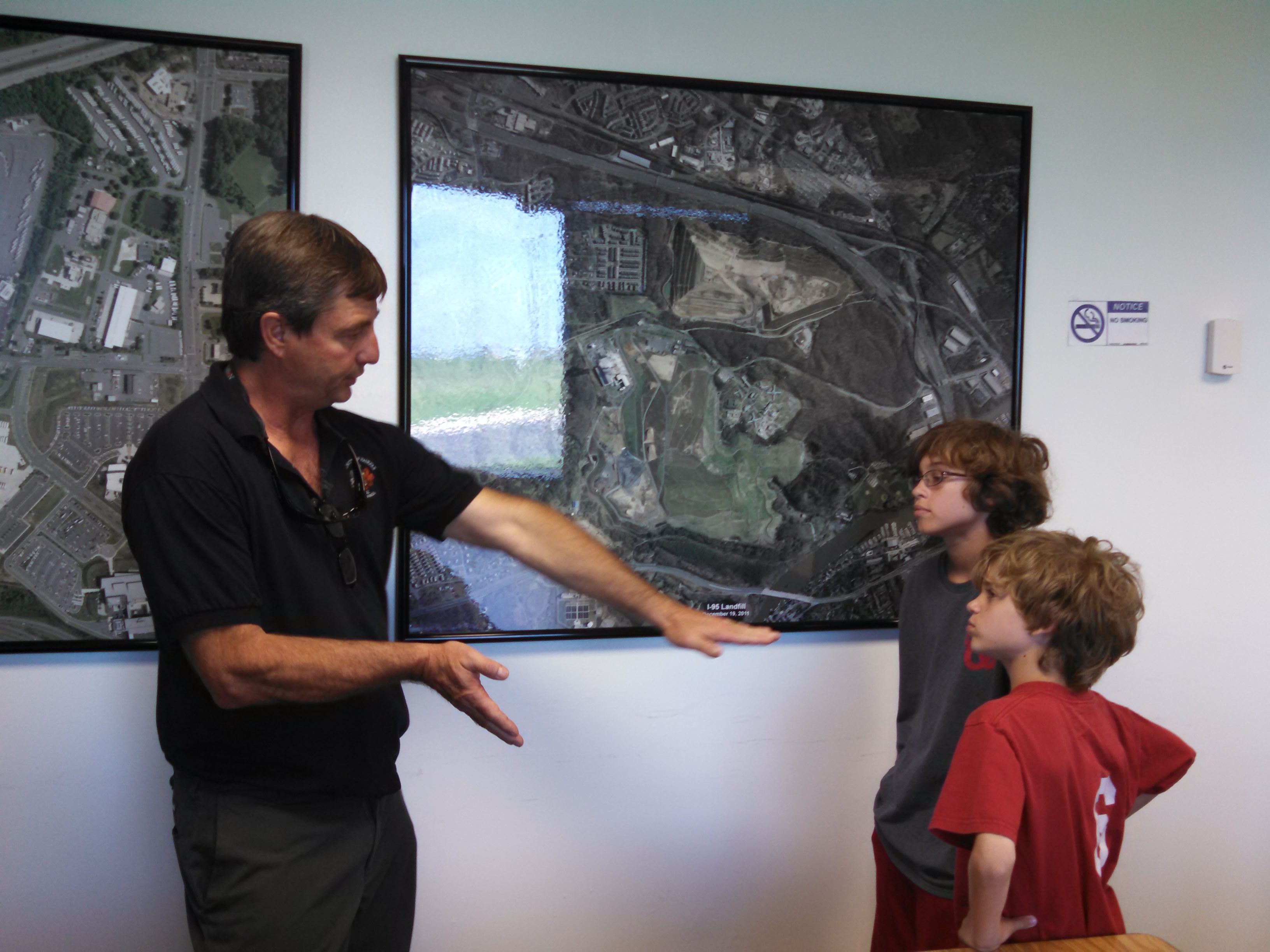
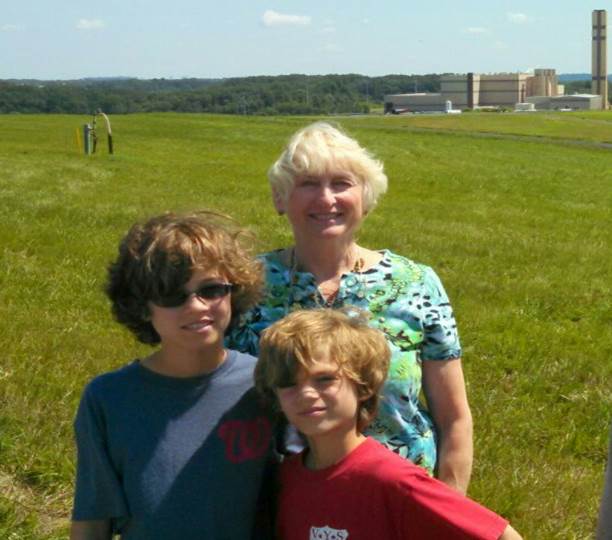
All good stuff – and kudos to Grammy – but I have to question the “renewability” of the energy produced.
Thanks, John/couldn’t agree more. Rather than dwell on that (supremely important, indeed fundamental) piece, I chose instead to take some encouragement from the idea that young people would be exposed early in their lives to the complexity and scale of the challenge.